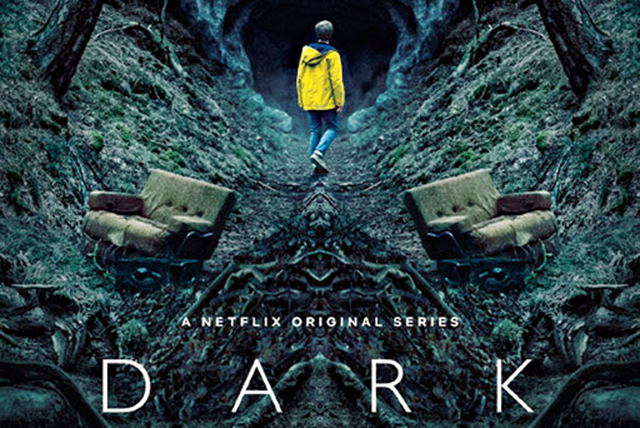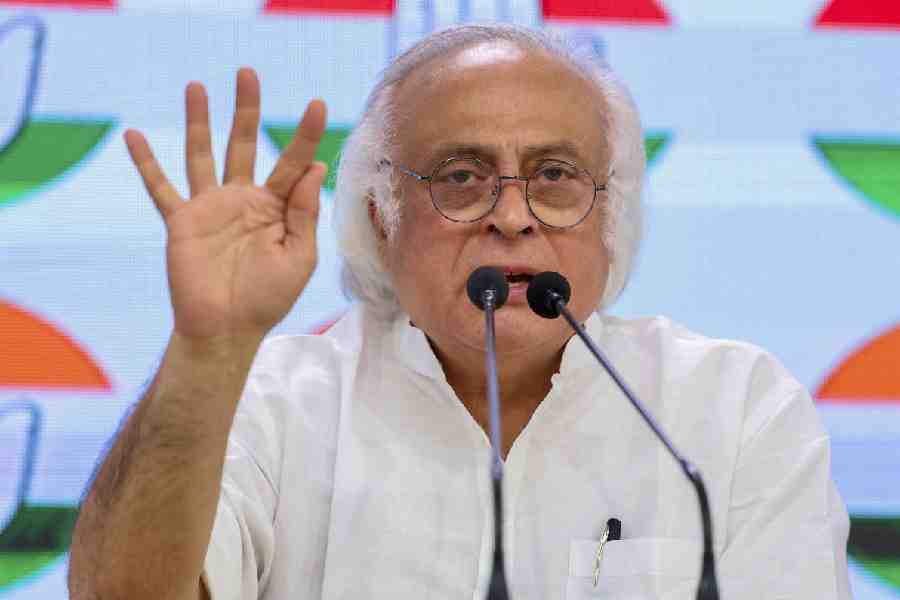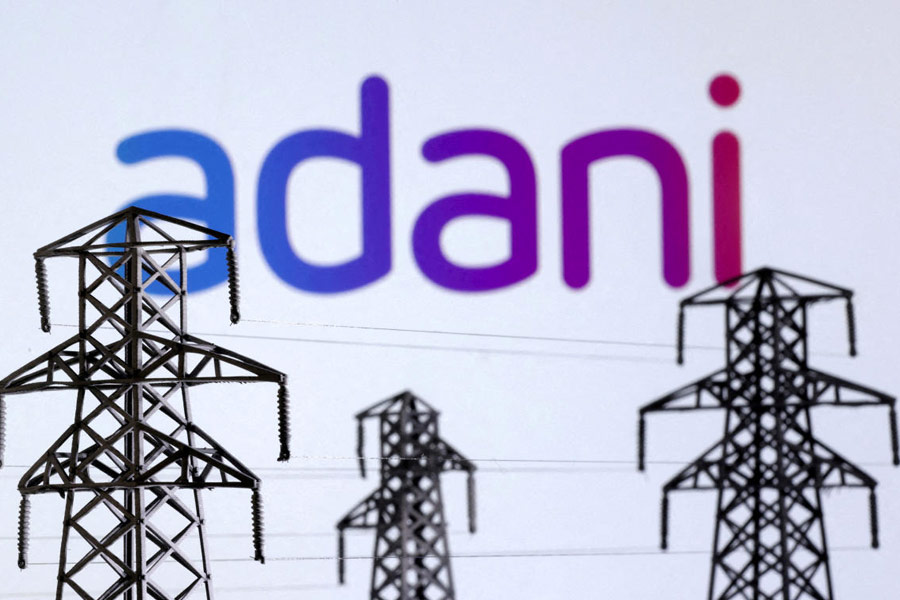Things are not quite what they seem here’. This phrase could well have been coined keeping Dark in mind. The Netflix show, the streaming platform’s first German original, is a deliciously and defiantly twisted sci-fi noir armed with a melancholic tone and murky themes that turn the time-travel trope on its head.
The first season, that aired in early 2017, took even consummate fans of the genre by surprise with its ambitious storytelling and audacious narrative style. In Season 2, that dropped in mid-2019, creators Baran bo Odar and Jantje Friese brought in more time-travel paradoxes, murders, affairs and frequently blurred lines in the relationships between its players then and now, that invariably went on to create near-incest scenarios.
With its final season dropping tomorrow, fans across the globe are expecting yet another twisted watch that will keep us engaged, our brains ticking away as much as the ticking time-bomb premise of this largely slow-burn watch. Here’s what makes Dark worth the wait, and then a watch and rewatch...
The premise
‘Dark is not a show that you watch... it’s a show that you solve’. That’s how at least one review chose to describe the series when it first dropped. Which is perhaps the most apt way to sum it up. When you watch Dark, your brain can’t afford to be caught napping. The series not only exposes the grim labyrinth of secrets in a small town in Germany, but travels back and forth between timelines to illustrate how the actions of its players in the present have been dictated by their decisions in the past and will irreversibly impact their future.
Dark starts out by specifically focusing on four families living in the present in small-town Winden. The Kahnwalds, Nielsens, Tiedemanns and Dopplers battle the ups and downs of interpersonal relationships like any other community, with their teenaged children establishing their own romantic and friendly equations between themselves.
Season 1 starts off with Michael Kahnwald (Sebastian Rudolph) inexplicably hanging himself after leaving behind a letter stating that it could only be opened on a specific date and time, with wife Hannah and specifically, son Jonas (Louis Hoffman) grappling with a host of ‘whys’. For decades, the town has had a nuclear power plant, secretive about the goings-on behind its four walls, billowing smoke ominously, and is also the location for a mysterious cave that is often described as “man eating”. Reason? Many who walk through the cave simply disappear, never to be found again. At the outset, we are told that local teenager Erik is missing.
Things come to a head when young Mikkel (Daan Lennard Liebrenz), the son of the town’s cop Ulrich Nielsen (Oliver Masucci), vanishes after finding his way into the cave, mirroring the disappearance of Ulrich’s teenaged brother Mads in the ’80s. Mads was never found again.
Mikkel, through a wormhole created by the plant’s nuclear activity, finds himself coming out of the other side of the cave, and into the 1980s. But in a strange twist, Mikkel, now adopted by a nurse after failing to come back to the present, finds that he will, in fact, grow up to be Michael Kahnwald, the man who hangs himself eventually. That sets off a twisty tale that connects the four families in ways that they hadn’t ever thought of, with each player discovering a different identity in the past, even as the viewer goes about untangling family trees and timelines, giving rise to an existential playground where time-travel is not just used as an intriguing trope to weave a compelling story but to answer bigger questions about fate and destiny.
The INTRIGUE
Time-travel is a theme and trope as old as cinema itself, but in Dark, which is far more sinuous and morose than Stranger Things, a show it was initially compared to could ever hope to be, travelling back and forth in time takes place in increments of 33 years because the wormhole (described on the show as “a crack in time”) is only activated when the sun and moon align, a cycle of every 33 years.
Season 1 begins in 2019, and travels back to 1986 and 1953. Season 2 starts off in the future, with only Jonas seemingly surviving the apocalypse that’s wiped out the world on June 27, 2020. Before long, we find Jonas travelling as far back as 1921 to meet Adam, the creator of the ‘Sic Mundus’, aka ‘The Travellers’, a cult of sorts that aims to end the world in its present form and create a new one “without time”. In a twist, the heavily scarred Adam is revealed to be the Jonas of the future. This sets off Jonas on a mission of sorts to bring the world and time back in order, but Dark, with more and more characters now freely travelling between the past, present and future, gets even more twisty by the minute.
MIND-BENDING... and how!
“How can you have time when it clearly has you?” Adam asks Jonas at one point. Dark’s roots may lie in sci-fi noir, but parts of it play out like a Greek tragedy. Like Jonas discovering that Martha (Lisa Vicari), who he is in love with, is actually his aunt, given that her brother Mikkel grows up to be Jonas’s father. And that’s only one equation in a series full of ever-changing dynamics, where at least two or three versions of every player exist in different decades. Characters are killed in one timeline — Claudia Tiedemann (Julika Jenkins/ Lisa Kruezer), for example — but are resurrected in another decade.
Dark is compellingly moody. It’s a show that doesn’t dumb itself down so that you can grasp what’s happening... it expects you to be smart enough to keep up. It’s not a series that you can casually tune in to Season 2 without wholly understanding the hows and whys — and specifically, the whens — of Season 1. The show may not have the nostalgic hook of Stranger Things, but it keeps you hooked enough to stay on with the characters, though you may be hitting the pause button often to figure out who is doing what and where and when. You may sometimes need a notebook and pen to figure things out as they go along. I did.
Dark explores a host of interesting time-travel paradoxes, most interestingly the ‘Bootstrap Paradox’, which shows up in Season 2, a theoretical paradox of time-travel that occurs when an object or piece of information sent back in time becomes trapped within an infinite cause-effect loop in which the item no longer has a discernible point of origin. It also touches upon the ‘Grandfather Paradox’, that says if a person travels to a time before their grandfather had children, and kills him, it would make their own birth impossible.
With Season 2 ending on a cliffhanger — Martha is gunned down by Adam right in front of Jonas but she immediately resurrects and hints at the existence of a different world, minutes before the apocalypse wipes out this one — we can’t wait to watch what kind of an even more of a rollercoaster ride the final season takes us on. Notebook, pen and ticking brain out already!










